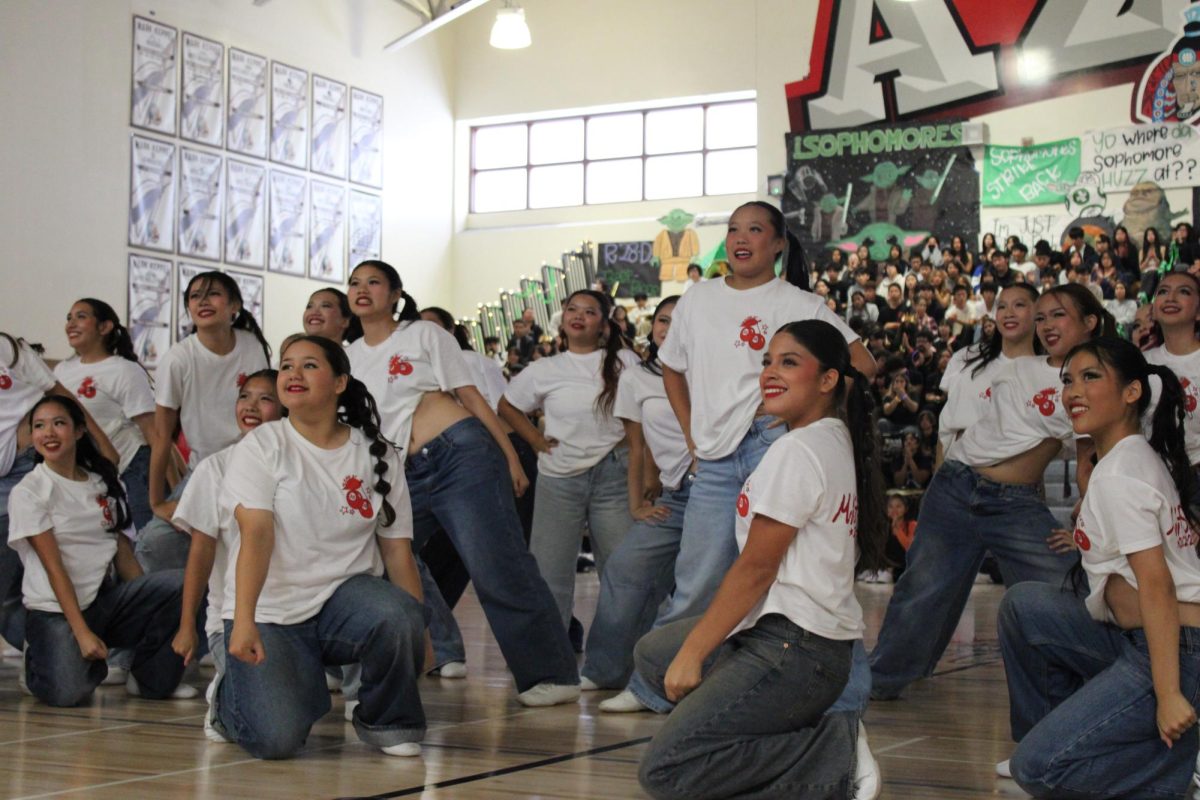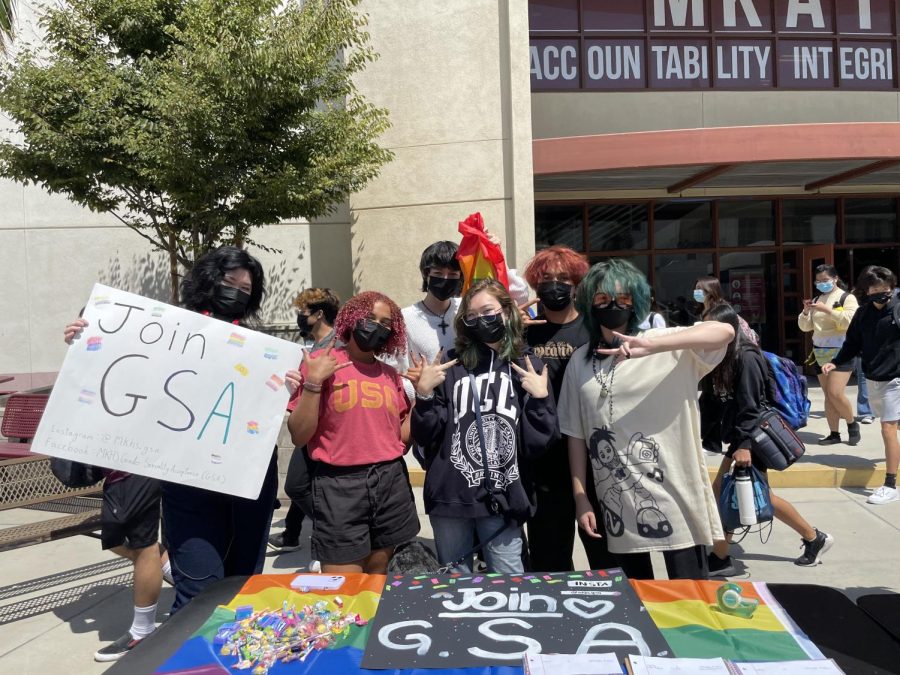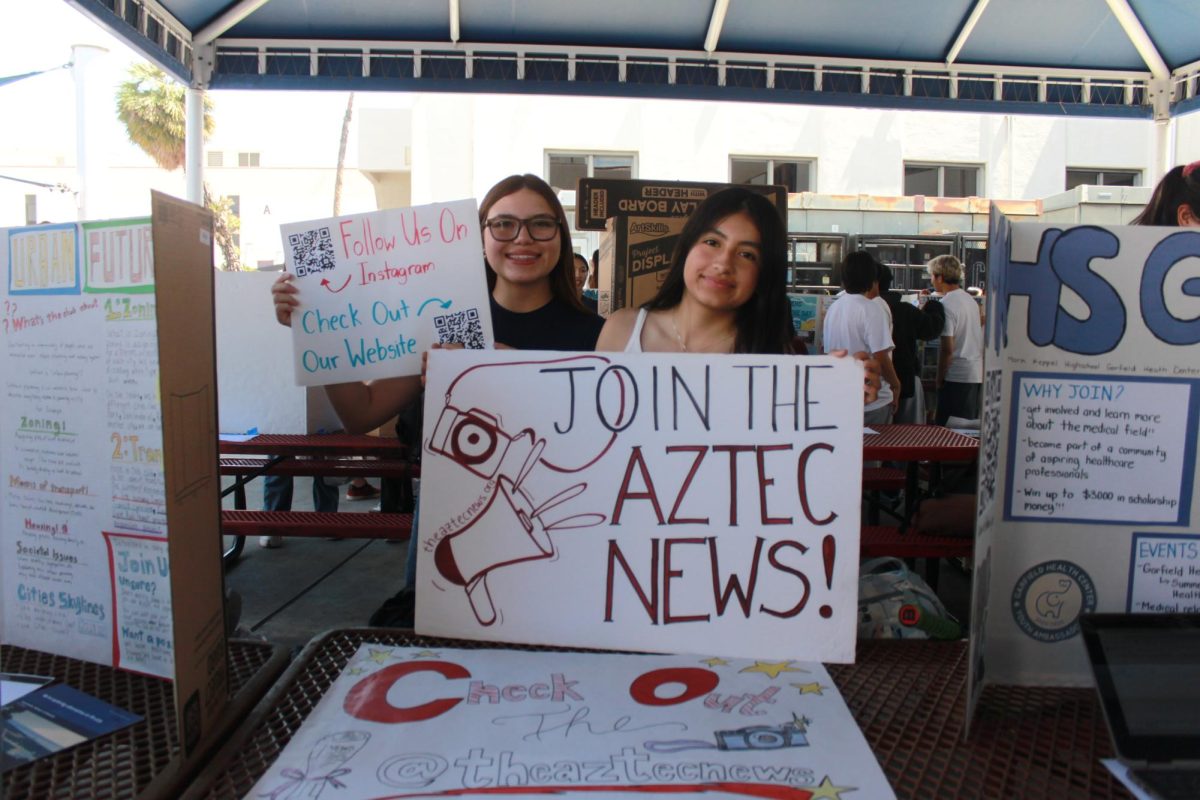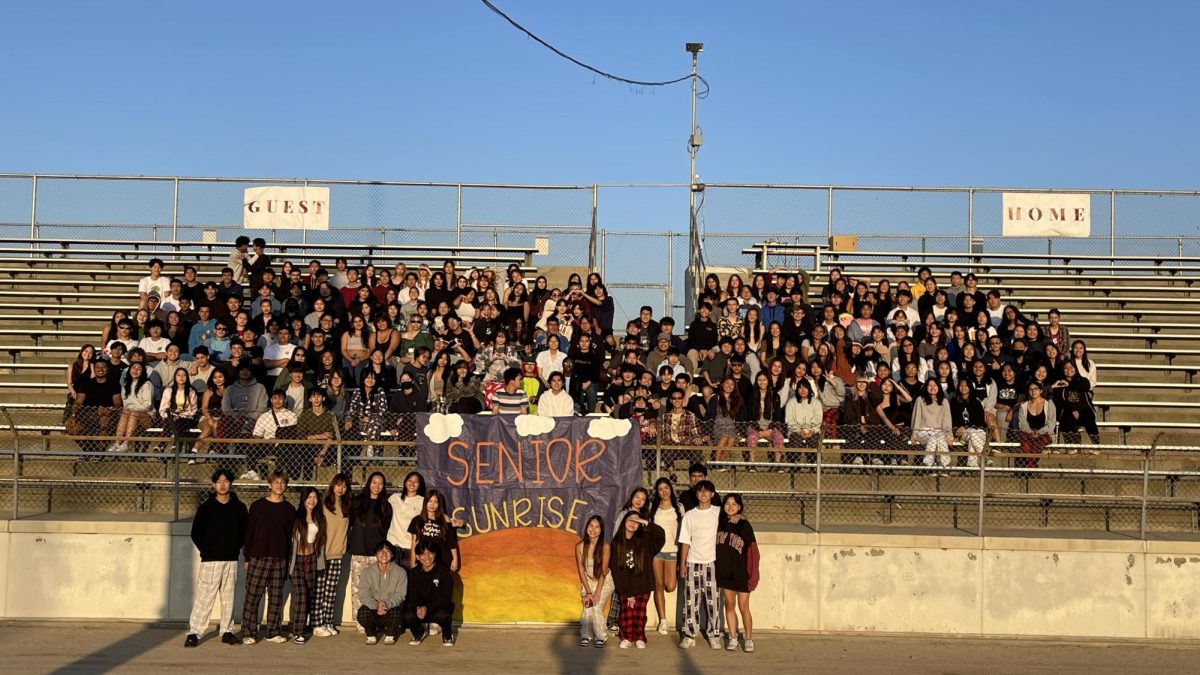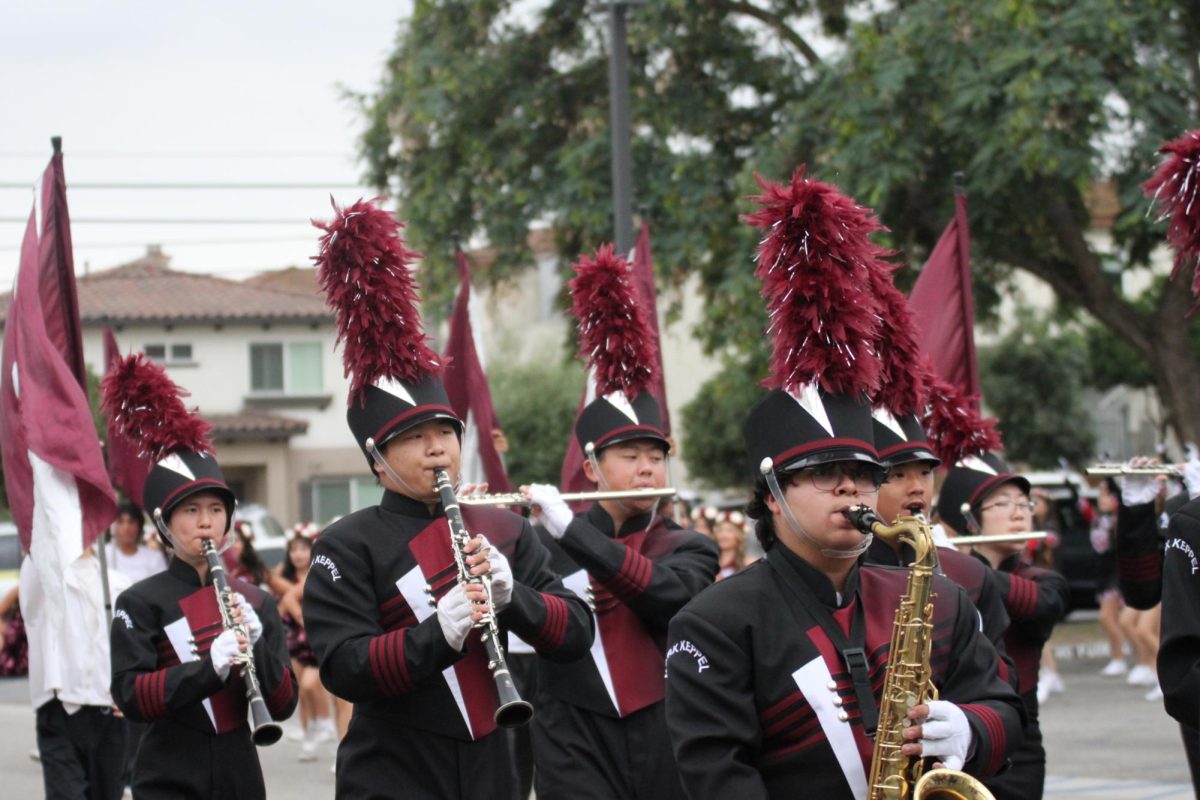At the Capital One Arena event on Jan. 20, President Donald Trump’s inauguration took place. During the event, Elon Musk made a gesture that quickly started trending and became the center of a controversy across the nation. The CEO of Tesla and SpaceX placed his right hand over his heart and extended his arm upward with his fingers together. This move immediately became compared to the infamous Nazi salute, as many on social media saw the resemblance.
This gesture during his speech addressing the crowd and discussing the future of civilization caught the attention of the nation’s biggest critics. The gesture was noted in similarity to the Nazi salute, which is a symbol associated with Adolf Hitler. Although Elon received much backlash from the motion, few supporters defended Musk, affirming that it was surely misunderstood.
In response to the critics, Elon downplayed the allegations, stating on Twitter, “The ‘everyone is Hitler’ attack is sooo tired.” However the specific gesture was still not directly addressed. Putting fuel into the fire, Elon then went on to post a series of jokes about Nazi figures, including “Don’t say Hess to Nazi accusations!” and “His pronouns would’ve been He/Himmler!”
Though Elon’s gesture was interpreted as humor by some, most of it was supported by far-right groups. A far-right group is a political movement that holds extreme conservative views, often focusing on nationalism, traditional values, and rejecting progressive ideas. With the far-right groups embracing it, this caused additional concern with critics who emphasize more on the impact of remarks within the political scene.
Whether his intentions were positive or negative, the incident had many on the edge of their seats. As the debate continues on this such a simple meaningful gesture, the long-term impact of Elon Musk’s actions on his reputation and within the political scene has yet to be effected.



